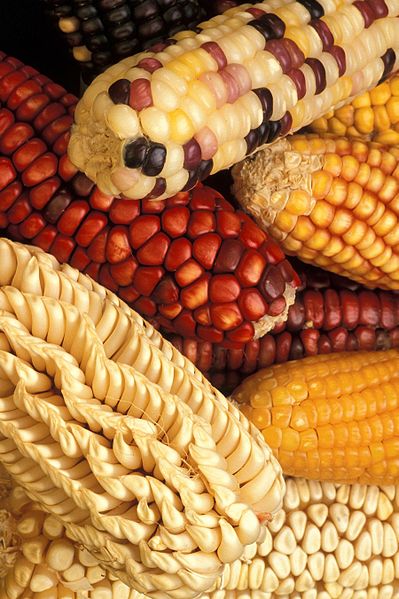Tasmanian Scientist Contemplates World’s Growing Population

- Country:
- Australia
“We need to feed more and more people everyday,” says Professor Sergey Shebala who spends a lot of time thinking about the world’s fast growing population. The award winning University of Tasmania plant scientist says we have nearly exhausted all the possibilities to improve plant resilience. Dr Sergey said the United Nations estimates that the world will have 9.6 billion people by 2050. “So we need to increase crop production to feed them all and its not sustainable with existing agricultural practice.
Dr Sergey said Tasmania is the only state to have a blanket ban on genetically modified organisms (GMO). This has been in place since 2001 after genetically altered canola escaped from trial crops at secret sites around the state. And in this regard, the Tasmanian Government is reviewing its 18-year-old moratorium on GMOS, calling for public submissions. Dr Sergey said his application of GMO technology would speed up the natural processes in plants, making them more resilient to climate change. One of the projects that he is working on is about modifying rice plants to grow more successfully in salt water, keeping in mind that many developing countries have lack of fresh water. He added scientists are racing against time with increasing climate change pressures.
“What nature did over several centuries, we do either in10 or 15 years in classical conventional breeding or in one year by editing a few amino acid sequences in a gene,” he said. Dr Sergey said Tasmania had a moral obligation to do its bit in ensuring that there was enough food to go around as the world’s population continues to grow. He acknowledged the fact that the world is going into more and more harsh climate conditions, from severe flooding to drought stress.










